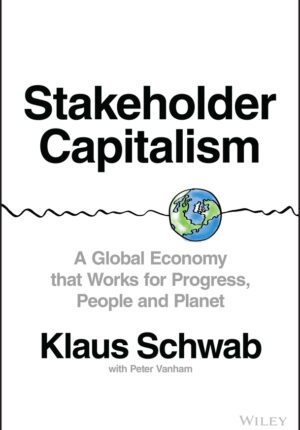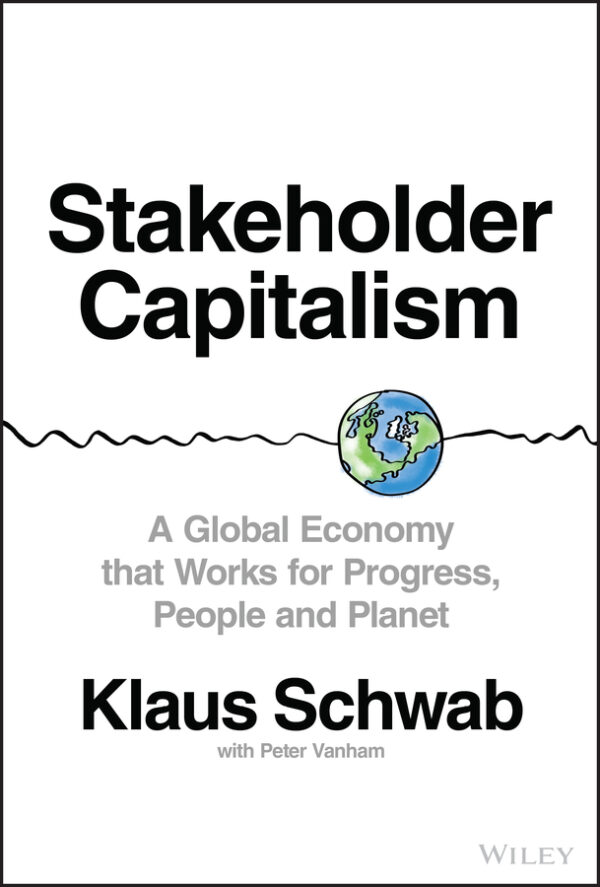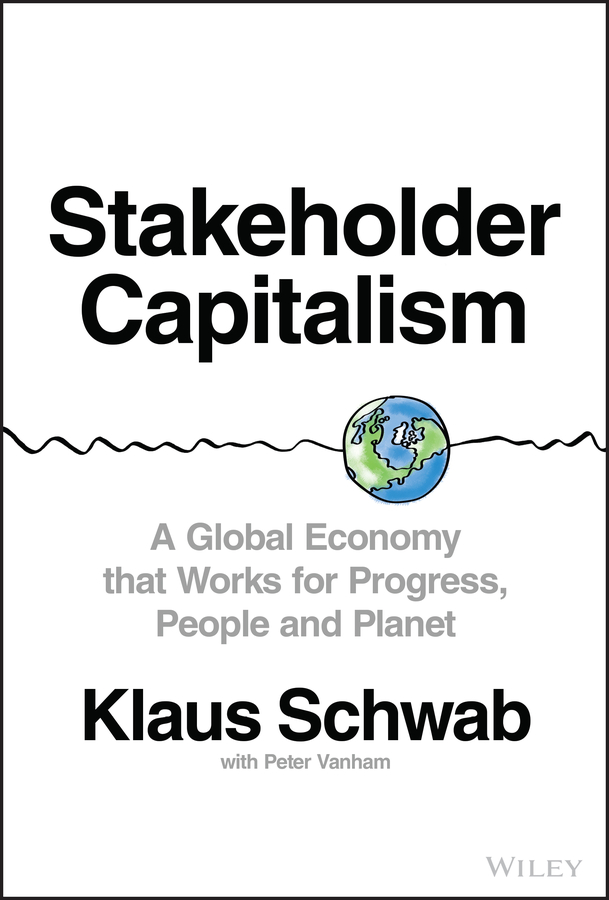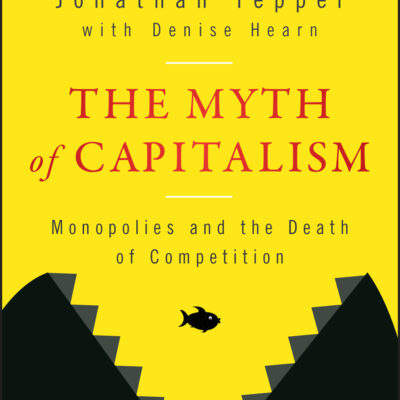Professor Klaus Schwab was born in Ravensburg, Germany in 1938. He is Founder and Executive Chairman of the World Economic Forum, the International Organization for Public-Private Cooperation. He founded the Forum in 1971, the same year in which he published Moderne Unternehmensführung im Maschinenbau (Modern Enterprise Management in Mechanical Engineering). In that book, he argued that the management of a modern enterprise must serve not only shareholders but all stakeholders (die Interessenten), to achieve long-term growth and prosperity. Schwab has championed the multistakeholder concept since the Forum’s inception, and it has become the world’s foremost platform for public and private cooperation. Under his leadership, the Forum has been a driver for reconciliation efforts in different parts of the world, acting as a catalyst of numerous collaborations and international initiatives. In 1998, with his wife Hilde, he created the Schwab Foundation for Social Entrepreneurship, which seeks to identify, recognize and disseminate initiatives in social entrepreneurship that have significantly improved people’s lives and have the potential to be replicated on a global scale. The Foundation supports a network of over 350 social entrepreneurs around the world. In 2004, with the financial contribution received as part of the Dan David Prize, he established a new foundation: the Forum of Young Global Leaders (for leaders under 40). Seven years later, in 2011, he created the Global Shapers Community (for potential leaders between the ages of 20 and 30). The purpose of the two foundations is to integrate young people as a strong voice for the future into global decision-making processes. The Forum employs over 700 people, with its headquarters in Geneva, Switzerland, and additional offices in New York, San Francisco, Beijing and Tokyo. His previous books are The Fourth Industrial Revolution (2016), a worldwide bestseller translated into 30 languages, and Shaping the Fourth Industrial Revolution (2018). Schwab has received numerous honors. He holds 17 honorary doctorates, and national medals of honor, including the Grand Cordon of the Order of the Rising Sun of Japan, the Grand Cross with Star of the National Order of Germany and the Knight of the Légion d’Honneur of France. He was also knighted by Queen Elizabeth II — Knight Commander of the Order of Saint Michael and Saint George (KCMG).
Stakeholder capitalism – a global economy that works for progress, people and planet Ebook
Think of the global economy as a jigsaw puzzle. At the heart of solving the puzzle and addressing global disturbance and uncertainty lies three identifiable issues that need need to fit: First, income and other inequality within societies has been on the rise, while productivity and wage growth slowed, and countries are burdened by debt. Second, the market power of the world’s largest companies reached unprecedented levels, raising questions on the spread of innovation and productivity gains. And third, the exploitation of natural resources is leading to a deteriorating environment, affecting the lives of many for the worse. The debate over what caused this situation is still open: whether laissez-faire governments, a poorly managed globalization, or the rise of technology that favors the few, the possible culprits are legion. In any case, Schwab argues our current system has failed to properly register and address many of the issues we are now faced with. What are the real causes of our systems shortcomings, and what are false positives? Do solutions lie in small adjustments to our current system, or a complete overhaul of it? And what best practices exist around the world, including Asia, that would allow for better outcomes? There are no easy answers, and no single stakeholder can provide them. But it is certain that individual actors do have agency, and that policies matter, when it comes to dealing with external forces. Moreover, as success stories from the Switzerland to Singapore, and from Costa Rica to China show, it is only when government, businesses and individuals all play their respective roles, and agree on a social contract with shared responsibility that societal outcomes will be optimal.Stakeholder Capitalism addresss these problems, and provides achievable answers to solve them. Piece by piece, this new book by Professor Klaus Schwab, Founder and Chairman of the World Economic Forum, shares answers for all stakholders in the global economy, rich and poor, vested and disenfranchised, engaged or searching. The goal: to address problems and provide solutions, piece by piece, stakeholder by stakeholder, country by country, world citizen by world citizen.
| Year | 2020 |
|---|---|
| Format | Ebook |
| Author |
Klaus Schwab |
| Publisher |
John Wiley |












